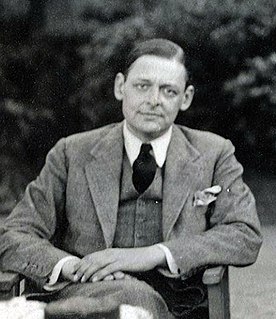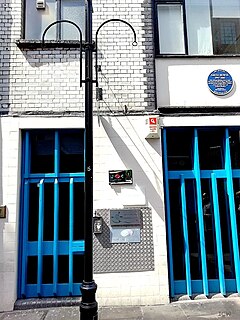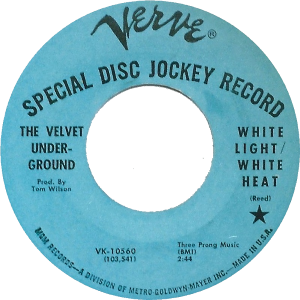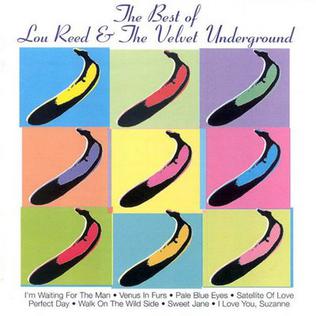| Transformer | ||||
|---|---|---|---|---|
 | ||||
| Studio album by | ||||
| Released | November 8, 1972 | |||
| Recorded | August 1972 | |||
| Studio | Trident Studios, London, England | |||
| Genre | Glam rock | |||
| Length | 36:40 | |||
| Label | RCA | |||
| Producer | ||||
| Lou Reed chronology | ||||
| ||||
| Singles from Transformer | ||||
| ||||
Transformer is the second solo studio album by American recording artist Lou Reed. The album is considered an influential landmark of the glam rock genre, anchored by Reed's most successful single, "Walk on the Wild Side", which touched on controversial topics of sexual orientation and drugs. Produced by David Bowie and arranged by Mick Ronson, the album was released in November 1972 by RCA Records. Though Reed's self-titled debut solo album had been unsuccessful, Bowie had been an early fan of Reed's former band The Velvet Underground, and used his own fame to promote Reed, who had not yet achieved mainstream success. [1] [2]

Lewis Allan Reed was an American musician, singer and songwriter. He was the lead guitarist, singer and principal songwriter for the rock band the Velvet Underground and also had a solo career that spanned five decades. The Velvet Underground were not a commercial success during their existence, but are now regarded as one of the most influential bands in the history of underground and alternative rock music.
Glam rock is a style of rock music that developed in the United Kingdom in the early 1970s performed by musicians who wore outrageous costumes, makeup, and hairstyles, particularly platform shoes and glitter. Glam artists drew on diverse sources across music and throwaway pop culture, ranging from bubblegum pop and 1950s rock and roll to cabaret, science fiction, and complex art rock. The flamboyant clothing and visual styles of performers were often camp or androgynous, and have been described as playing with nontraditional gender roles. "Glitter rock" was another term used to refer to a more extreme version of glam.

"Walk on the Wild Side" is a song by Lou Reed from his second solo album, Transformer (1972). It was produced by David Bowie and Mick Ronson, and released as a double A-side with "Perfect Day". The song received wide radio coverage, despite its touching on taboo topics such as transsexual people, drugs, male prostitution, and oral sex. In the United States, RCA released the single using an edited version of the song without the reference to oral sex. In 2010, Rolling Stone ranked it at number 223 in its list of the 500 greatest songs of all time.























